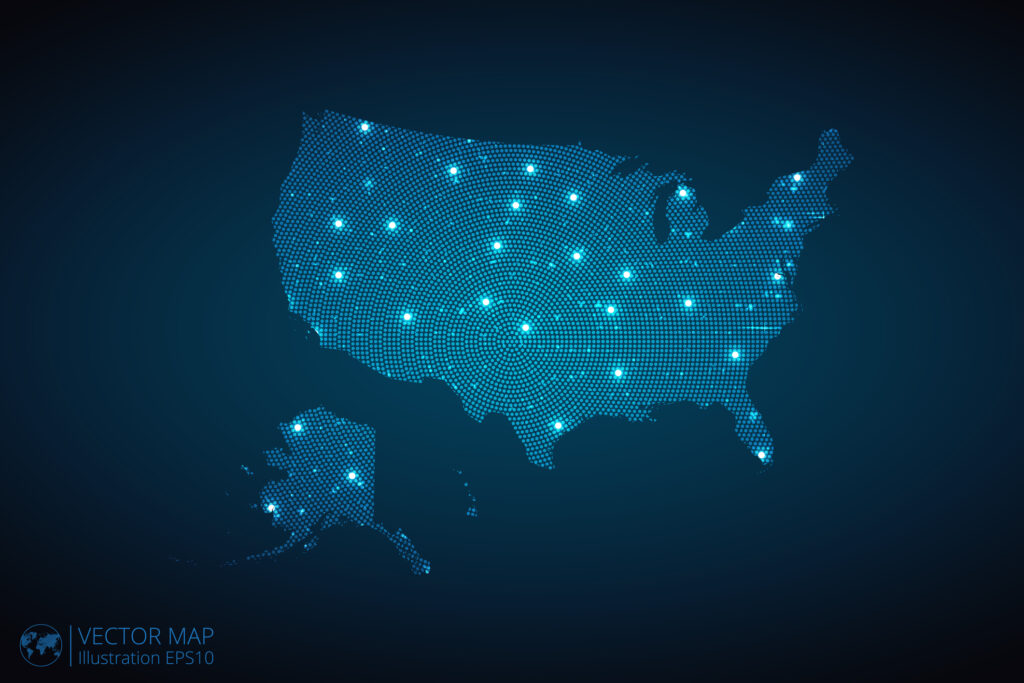In response to a Congressional inquiry, Yahoo, Inc. has decided to enable its users to opt out of customized advertising on Yahoo Web sites. The new option expands an existing opt-out program for customized advertising served by Yahoo on third-party networks.
The company announced the new capability on August 8, a week after Congress intervened, and implemented it by the end of the month.
Congress Stepped In
The U.S. House of Representatives’ Energy and Commerce Committee sent a letter on August 1 to 34 companies saying it was concerned privacy protections already in place for consumers might not be applicable to customized advertising. The letter asked the companies to respond to 10 questions about their targeted ad policies.
Yahoo took particular note of one query: “If your company did not specifically or directly notify affected consumers of the opportunity to opt out [of customized advertisements], please explain why this was not done.”
In its written response to the committee, the company stated, “Yahoo has a long history of providing clear notice to our users via our Privacy Policy and is always exploring additional avenues for enhanced notice.” Yahoo also expounded on the benefits its customized ads bring to customers, noting, “consumers … continue to respond strongly to Internet products and services that are customized to their interests.”
Yahoo’s decision came one day after Google announced the addition of DoubleClick Ad tracking across its sites with a similar opt-out capability for users.
Inquiry Spurred Change
Yahoo’s new opt-out capability was made available for consumers by the end of August. Users can opt out via Yahoo’s online privacy center, which is linked on the Yahoo home page and throughout the Yahoo network.
Users also will be able to opt out through a link in the public service advertising campaign Yahoo has been running with online ads across its network to educate users about customized advertising.
Yahoo spokesperson Kelly Benander said the decision to allow user opt-outs from targeted advertising was motivated by the company’s concurrence with the Energy and Commerce Committee’s aims.
“We agree with congressional members who believe there should be focus on transparency and choice for users,” Benander said, “and that’s one of the reasons we announced this enhanced privacy option for users.”
Benander also confirmed the timing of the decision was motivated by Congressional pressure.
“Yahoo had long planned to offer users the chance to decline customized advertising through a network-wide opt-out,” Benander said. “We moved up the announcement to respond to the Congressional inquiry so that we could provide public officials with information about the choices available for consumers.”
Data Collection Concerns
According to Tom Colelis, a writer for Daily Tech, writing in a blog post, “Government regulators initially began their examination of targeted advertising once it became clear that ad networks were collecting staggering amounts of data on Web surfers.”
Daniel Ballon, Ph.D., a policy fellow of the Pacific Research Institute, said the inquiry “is a way to determine if federal legislation is required for consumer information. It is a hearing on telecom sites based on behavior.”
Referring to the company policy changes spurred by the inquiry, Ballon said, “The companies [Yahoo and Google] are conforming to voluntary ‘best practices’ recently proposed by the Federal Trade Commission.”
Jeff Chester, executive director of the Center for Digital Democracy, says the congressional inquiry is intended to find a way for consumers to know what is being collected about them and how. He described the digital data collection as “a kind of black box. Few people know how data is collected and what is being collected.”
Tabassum Rahmani ([email protected]) writes from Dublin, California.



